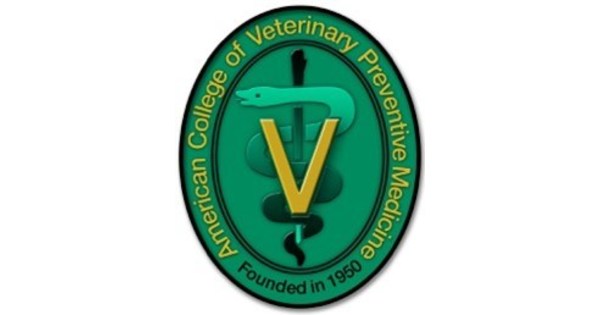Earvin “Magic” Johnson, renowned for leading the Los Angeles Lakers to five NBA championships in the 1980s, has made significant strides off the court since his retirement in 1991 after announcing his HIV diagnosis. Now a billionaire businessman, Johnson has built a successful investment firm focused on serving multicultural communities.
Johnson is set to deliver the AVMA Keynote at 10 a.m. on Saturday, June 22, in Exhibit Hall 5, as part of the AVMA Convention 2024, taking place from June 21-25 in Austin, Texas. Sponsored by Hill’s Pet Nutrition in collaboration with the AVMA Trusts, Johnson’s keynote, titled “Making the Magic Happen,” will highlight the power of teamwork and his approach to uplifting those around him both personally and professionally. He will also discuss how the skills and perseverance he honed on the basketball court have translated into his business success.
As the chairman and CEO of Magic Johnson Enterprises, Johnson is a driving force in promoting community and economic development by providing access to entertainment, products, and services.
From Humble Beginnings to Iconic Success
Johnson’s journey began in Lansing, Michigan, where he was born on August 14, 1959. His father, Earvin Johnson Sr., worked at General Motors and ran a trash-collecting business, while his mother, Christine, was a school custodian. Johnson’s basketball prowess earned him the nickname “Magic” in high school, where he led his team to a state championship in 1977. He then guided Michigan State University to an NCAA championship in 1979 before being drafted first overall by the Los Angeles Lakers in the 1979 NBA draft.
During his rookie season, Johnson played all five positions in the final game of the 1979-80 NBA Finals, leading the Lakers to a championship and becoming the first rookie to win the NBA Finals MVP award. He continued to dominate, securing additional championships in 1982, 1985, 1987, and 1988, and earning MVP titles in 1987, 1989, and 1990. Known for his scoring ability and signature no-look passes, Johnson’s career averages include 19.5 points and 7.2 rebounds per game. His rivalry with Larry Bird of the Boston Celtics is legendary.
In 1991, Johnson shocked the world by announcing his HIV-positive status and retiring from basketball. He later returned to win gold with the U.S. “Dream Team” at the 1992 Olympics and had brief stints with the Lakers before retiring for good in 1996. He was named one of the 50 greatest players in NBA history and was inducted into the Naismith Memorial Basketball Hall of Fame in 2002.
A Flourishing Post-Basketball Career
Since retiring, Johnson has become an influential advocate for HIV/AIDS awareness and a successful entrepreneur, broadcaster, motivational speaker, and philanthropist. As of last year, he joined the elite ranks of athlete billionaires, alongside Tiger Woods, LeBron James, and Michael Jordan, with an estimated net worth of $1.2 billion according to Forbes.
Johnson’s wealth primarily stems from his savvy business ventures, notably his 60% stake in the life insurance company EquiTrust, purchased in 2015. His investment firm, Magic Johnson Enterprises, has also made significant contributions to his fortune, with stakes in Loew’s movie theaters, Starbucks locations in predominantly Black neighborhoods, and investments in Burger King and 24 Hour Fitness.
Forbes estimates Magic Johnson Enterprises is now valued at $26 billion, generating $2.6 billion in annual revenue. Additionally, Johnson holds ownership stakes in the NFL’s Washington Commanders, the WNBA’s Los Angeles Sparks, the MLB’s Los Angeles Dodgers, and the MLS’s Los Angeles Football Club. His life and career were recently chronicled in the docuseries “They Call Me Magic,” which premiered in 2022.
Doors for Johnson’s keynote session will open at 9:45 a.m., with seating on a first-come, first-served basis. The grand opening of the exhibit hall will immediately follow the keynote.



